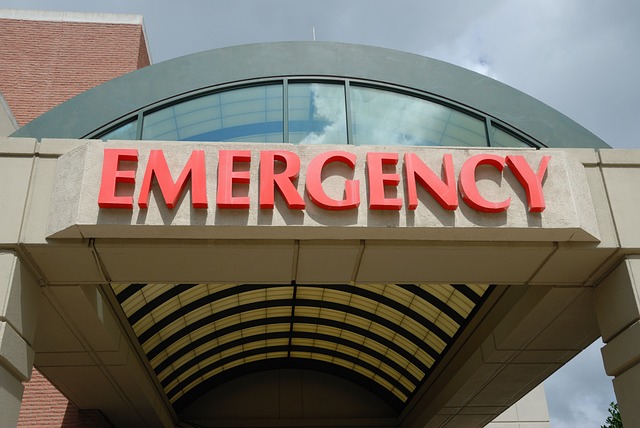Emergency Care:
Emergency care is a critical service provided by hospitals to address medical emergencies that require immediate attention. Whether it’s a sudden illness, injury, or life-threatening condition, the emergency department is the first line of defence in providing urgent medical care. Here are vital aspects of emergency care:
- Prompt Response: Emergency care is available 24/7, ensuring that patients can access immediate medical attention whenever emergencies arise. Highly skilled emergency physicians, nurses, and support staff are trained to provide rapid assessments, interventions, and stabilization.
- Triage System: Upon arrival at the emergency department, patients are assessed using a triage system. This system prioritizes patients based on the severity of their condition, ensuring that those with life-threatening conditions receive immediate care.
- Diagnostic Capabilities: Emergency departments are equipped with advanced diagnostic tools such as X-rays, CT scans, and ultrasound machines. These tools aid in rapid and accurate diagnoses, allowing healthcare professionals to determine the most appropriate course of treatment.
- Multidisciplinary Collaboration: Emergency care involves collaboration among various healthcare professionals, including emergency physicians, nurses, surgeons, radiologists, and laboratory technicians. This multidisciplinary approach ensures comprehensive and timely care.
- Trauma Care: Emergency departments are well-prepared to handle traumatic injuries resulting from accidents, falls, or violence. Specialized trauma teams are trained to provide advanced life support, perform emergency surgeries, and manage complex injuries.


